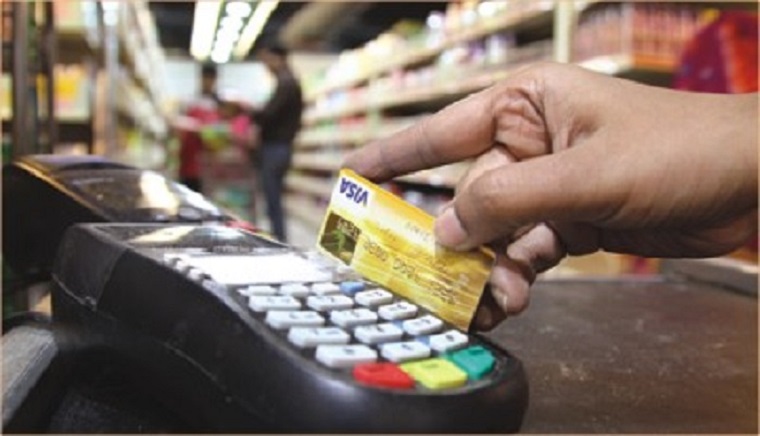India has lately been pursuing an ambitious goal: a cashless economy.
Despite early missteps and frustrations, it will turn out to be a change for the better for the country’s 1.31 billion people.
Africa should set a similar goal – and take the first step by establishing a monetary union.
Of course, achieving a cashless society is not an end in itself.
Rather, it is a means to help advance financial inclusion, security, and prosperity.
Today, an estimated 326 million Africans – 80% of the continent’s adult population – use no formal or informal financial services.
But stashing banknotes under the mattress is no way to safeguard families’ savings, much less enable households to accumulate enough capital to escape chronic poverty.
Similarly, millions of Africans are scratching out a living in the informal economy, which represents about 41% of GDP in most parts of the continent.
This leaves them unprotected, and without pathways to financial stability and wealth creation.
Moving toward a cashless society would force citizens, companies, and policymakers to devise mechanisms to bring all Africans into the financial sector, drastically improving the lives of the millions who are now under- and unbanked.
And it would bring many livelihoods into the formal economy – a major economic opportunity for African countries.
The goal should be to achieve prosperity through financial inclusion linked to economic activity.
What small businesses and micro-enterprises need is fresh capital to create employment and expand the economic pie, and bank accounts connected to economic activity ensure that even those selling goods by the roadside can secure a piece of that pie.
But financial inclusion is not a natural by-product of the shift away from cash.
Continued next page
(167 VIEWS)
